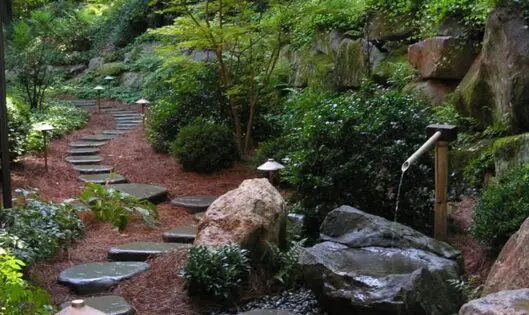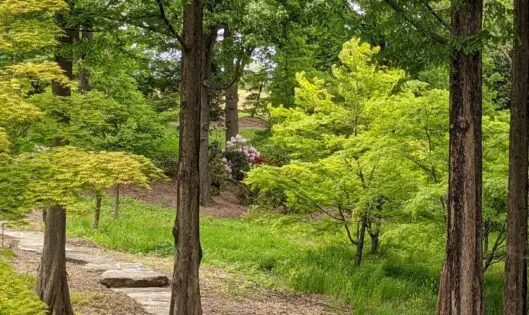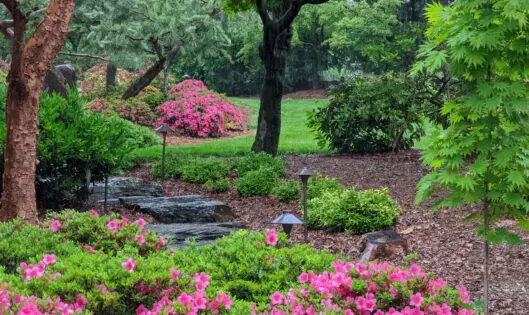The Gardener's Journal
MUCH ADO ABOUT MULCH (Part 3 of 3)
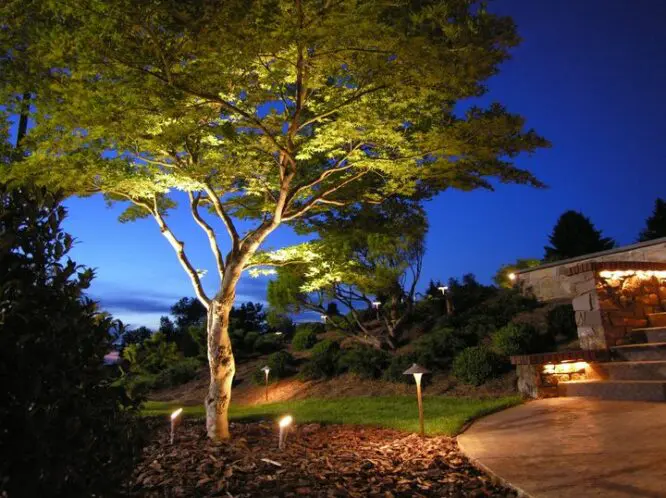
In this week’s discussion of mulch, you will again notice our bias toward mulches made with Pine products, since they offer great beauty throughout the life of the mulch while creating the healthiest environment for plants. Today we will present another of our favorites:
PINE BARK MULCH
Pros:
Appearance – The striking red color of pine bark mulch slowly fades to a more neutral brown and provides a stunning contrast to the green foliage of plants.
Weed Free – Pine bark, like pine straw, doesn’t generate a weed-friendly habitat.
Mold Free – The nature of Pine bark decomposition inhibits the growth of molds and funguses.
Permeable – Pine bark is a very loose mulch. This allows the mulch to remain water permeable throughout its lifetime.
Appealing acidity – Pine naturally has a higher acidity than hardwoods. This means that the decomposition of pine straw increases the acidity of the soil, producing a better soil composition for most plants.
Good value – Although slightly more expensive than most premium hardwood mulches, it is still a very good value.
Durable – Pine bark decomposes slowly. A single mulching could easily remain effective and attractive for up to three years.
Cons:
Price – Most people experience some sticker shock at the price of pine bark mulches. Because It is difficult to find, it is more expensive than other varieties of mulches. However, its durability and healthy properties makes it a reasonable value over time.
Floating – Because of its light weight and loose nature, shredded Pine bark is prone to drifting during heavy rains and may require a small amount of clean-up afterwards. However, this lightweight, loose quality provides a much more plant-friendly option than the easily-compacted shredded hardwood mulches that are so commonly used in our area.
–Contributed by Peter Dymond
HL Garden Care foreman
OUR GARDEN DESIGN PROCESS
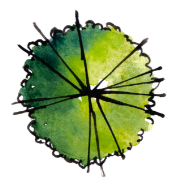
Explore
Share your goals, ideas, and project budget and we will begin to survey and plan your garden
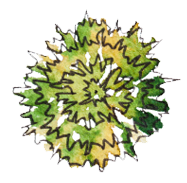
Design
We will consider all your primary view perspectives, both inside and out as we design your garden
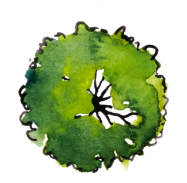
Build
Your garden dream will begin to take shape by the hands of our highly skilled craftsmen and landscapers
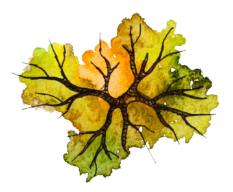
Enjoy
Your garden dream will begin to take shape by the hands of our highly skilled craftsmen and landscapers

